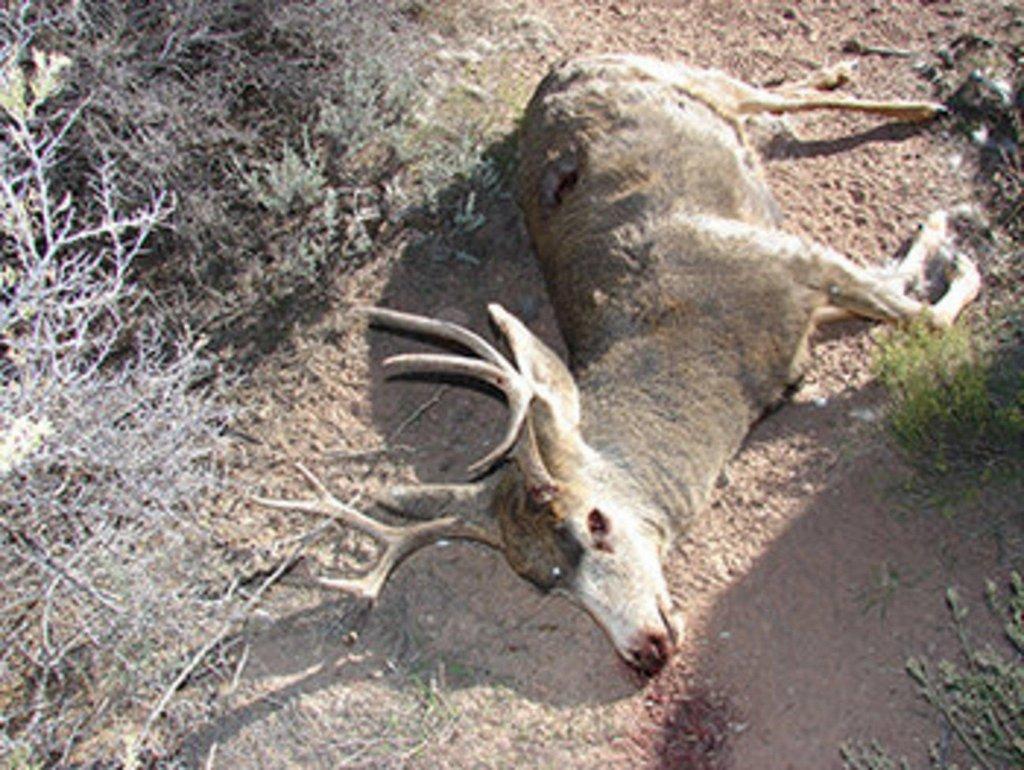Utah Division of Wildlife Resources Press Release
Hunters serve a main role in the battle to prevent poaching in Utah. “You’re crucial to our law enforcement efforts,” stated Division of Wildlife Resources Captain, Rick Olson. “We need your eyes, your help and your support. We need your help to protect your wildlife.”
DWR officers catch plenty of wildlife violators on their own. However, many more violators, including many who commit serious wildlife crimes are caught because someone was watching and called DWR officials.
As Utah’s hunting season approaches, Olson says it’s vital to report any suspicious activity to the DWR. Reports can be made by calling Utah’s Turn in a Poacher hotline at 800-662-3337. The hotline is staffed 24 hours a day, seven days a week and is the best way to get an officer on a scene immediately. Utah hunting and fishing licenses all display the hotline number.
Suspicious activities can also be reported to local law enforcement agencies. An officer will be able to contact DWR officials who will respond to the call.
Non-emergent activities should also be reported to wildlife officials. For example, if a dead big game animal is found that is missing its head, contact DWR officials right away. Any other information regarding possible wildlife violations needs to be turned over to wildlife officers as well. “Please call us,” Olson advised. “Even if what you saw doesn’t look like a big deal to you, let us know about it. Some of our most significant cases started when someone called us with a small tip that led us to more information.”
Olson also advised to never confront people who might be committing a violation. Instead, contact the DWR immediately. Physical descriptions of possible perpetrators and location details are crucial when investigating a wildlife crime. “If you have a GPS unit with you, give us the coordinates,” Olson stated. “These coordinates are really helpful in getting us to the right spot as quickly as possible.”
License plate numbers are the most important piece of information DWR officers can use. “Callers often provide only the color of a suspect’s vehicle,” Olsen explained. “That’s good information to have, but what we really need is a license plate number.”
Information can also be turned over to wildlife officers at turninapoacher@utah.gov. Olson does advise that it might take a day or two for DWR to respond to these emails. For an immediate response, use the poaching hotline.
To learn more about recent poaching arrests and current cases in Utah, visit www.wildlife.utah.gov/dwr/news/officers-on-patrol.html.


